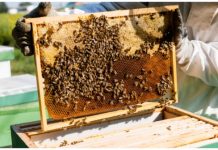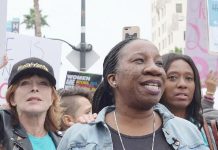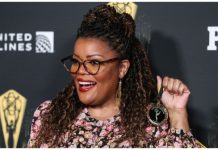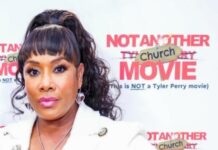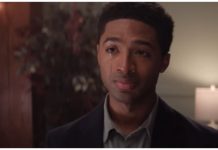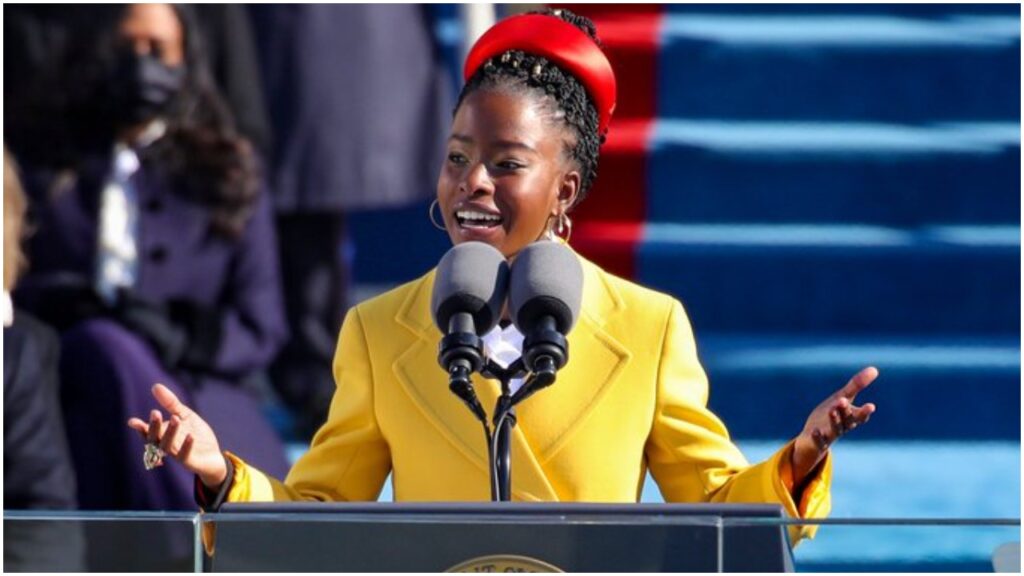
*Amanda Gorman is the latest celebrity to join the MasterClass, teaching members how to write and perform poetry.
Per press release, MasterClass members will have unprecedented access to Gorman’s invaluable tips and personal experiences on how to harness poetry and write words that can change and heal the world. Members will have exclusive access to her famous inaugural reading of “The Hill We Climb,” where she demonstrates the elements of a poetic performance and shares how she prepared for the historic day.
The MasterClass also offers a first-time look at the journals Gorman used while brainstorming for her book, “Call Us What We Carry.” Additionally, members will be offered an accessible, yet technical, start-to-finish approach to writing that any future poet can use as a framework including a breakdown of poetic structure, insight into common rhetorical devices used within famous poems and a hands-on demonstration of the revision process.
Gorman’s class empowers members to experience and embrace poetry in a new light.
Gorman recently spoke to Vogue about her new MasterClass — check out excerpts from the Q&A below.
Vogue: What about the idea of doing a MasterClass appealed to you when they first reached out?
Amanda Gorman: I think a few reasons sprang to mind. One, I’m the daughter of an English teacher, and so making language, the arts, and creative writing accessible has always been something that I’ve tried to keep at the forefront of my mind throughout my career. With the pandemic, and schools being closed or lessons held remotely, I wanted to find a way in which I could continue giving people access to poetry. Even if I wasn’t able to be in a classroom or in their living room physically, I wanted to find a way that kind of equalized the opportunities that people might have to engage with my work and the work of other poets I admire. MasterClass definitely came to my mind, in part because I’m a MasterClass student as well, and I’ve taken a few of their other classes before. And so I started brainstorming: What would it look like to make poetry visible in this learning space?
Did you take any tips from your mom, or did she offer you any advice?
[Laughs.] That’s so funny. I’m mostly laughing because my mom is such a strong, smart woman, so you definitely would think that she gave me advice, but I also think she likes to mostly just let me do my thing. Really, most of the advice I’ve gotten from my mom about teaching I’ve learned over the course of my lifetime, watching my mom while she was getting her EdD, and so everything I’ve learned from her has kind of been absorbed through osmosis. But I was really honored that after all the experience she has, she kind of trusted me to do my own thing and was so excited to see how I navigated this class in particular. Because although my mom’s an English teacher, she’s not a poet and has never really written poetry. So I think she’s excited to see her daughter teach this art form that she herself is still learning about.
For a lot of people, the idea of writing poetry can feel quite intimidating. What were some of the ways in which you wanted to make it feel approachable?
It was really interesting, honestly. A lot of the discussions I was having with MasterClass were about how we could take this platform and make it make sense for poetry, which can so often seem confusing and remote and abstract even to people who want to learn it. I tried as much as possible when I was outlining the class to provide tools that have been useful for my own craft, and try to give actual, finite, manageable tasks that people could practice to hone their craft. What I hope adds to the accessibility of the class is the fact that a lot of the poetry instruments I learned, I taught myself, as I didn’t study poetry really formally until recently. So I try to spend a lot of time in the class giving students insight not just into how I write, but how I learned the things that I know now, so they don’t have to meet those same challenges.
A big aspect of your MasterClass is about performing poetry, which is obviously very important to you personally. Do you think it’s important to remind people that poetry doesn’t only have to live on the page?
Oh, absolutely. I think such a critical piece of understanding poetry is that it’s not only something that lives on the page—it has this really rich, vibrant life as an oral, spoken art form. And that has been so important for me in my life, as someone who grew up with a speech impediment, because I felt like I was always kind of playing double-dutch between those two worlds…until I understood, hey, poetry is all of the above and more. It can be in a book, it can be in a coffee house, it can be performed on a stage, and it can be interwoven with visual arts. There’s no real limit to what any one poet can do. I wanted my students in this MasterClass to understand that on a gut level.
Read the full interview here.
We Publish News 24/7. Don’t Miss A Story. Click HERE to SUBSCRIBE to Our Newsletter Now!
